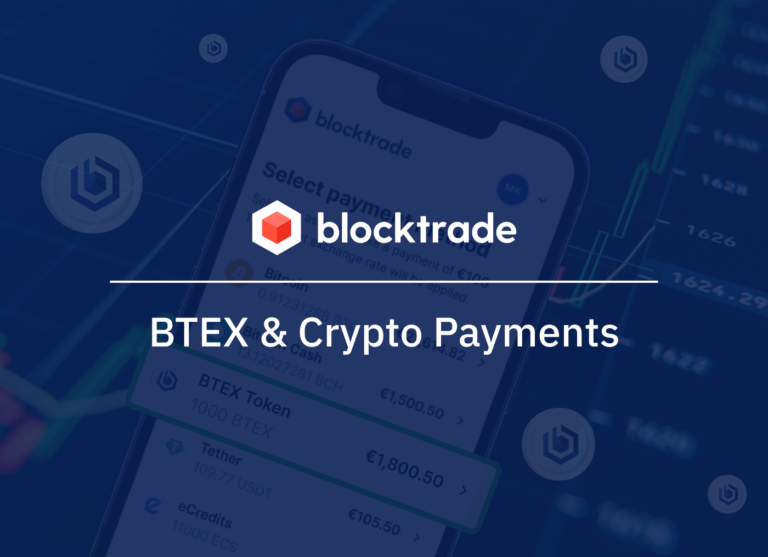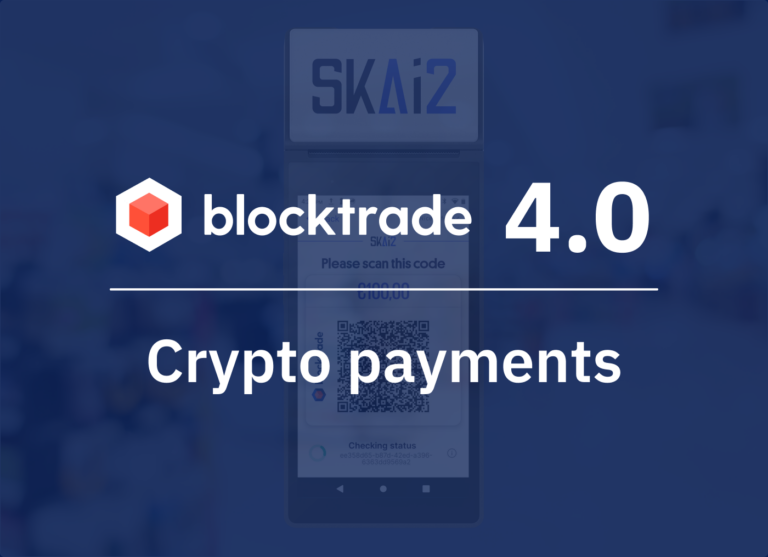Crypto tokens and digital assets are stored in crypto wallets. As cryptocurrencies use public-private key encryption, each wallet consists of a unique pair of public and private key. The public key equals the wallet address number (comparable to a bank account number), the private key is used to sign transactions and must always be kept confidential.
The private key unlocks access to the funds inside the crypto wallet. Managing and protecting a private key of one’s wallet can be stressful and a barrier to adoption, as it lowers usability for beginners. That is why custodians shoulder that responsibility for their users.
What is a custodian (wallet)?
Custodial wallets are crypto wallets where a custodian manages a user’s private key on the user’s behalf. Non-custodial wallets, on the other hand, are crypto wallets where the user themselves manage their private key and bear full responsibility for keeping it confidential.
Which wallet should you use? Custodial and non-custodial wallets have their pros and cons. We take a closer look at both types of wallets, what user they suit and what you should beware of. Let’s dive in.
What is a custodian?
Custodians are organizations or financial institutions that manage an individual’s funds or assets in their name. Custodians are a century-old phenomenon in the financial industry and offer a number of benefits to wealthy individuals and organizations (which represent their main clients base).
They freed their owners of the daily or weekly monitoring and managing of their funds and/or assets. Custodians and client sign a formal agreement that determines the guidelines and parameters within which a custodian will manage the client’s assets. It also formalizes what privileges and responsibilities the custodian has.
What is a Crypto Custody Wallet?
In the context of the crypto industry, custodians manage a user’s private key and the funds within a custodial wallet. In most cases, a user simply has to login with a username and password (like regular online accounts for e-mail accounts) and can access the funds through a user-friendly interface.
Custodial wallets are either offered by centralized crypto-wallet providers, usually in the form of smartphone wallet apps. Crypto-exchanges can also act as custodians, as the user’s individual crypto-tokens are stored in a custodian wallet for each respective cryptocurrency at the exchange.
Benefits of custodian wallets.
- More user-friendly: Custodial wallets are usually much more user-friendly and easier to use.
- One wallet, many currencies: Custodial wallets can offer a single interface for a wallet that can store a large number of different crypto tokens and digital assets.
- Regain access: In the unlucky event, that a user loses access to his crypto wallet, he can potentially contact the wallet operator and by verifying his identity may be re-granted access to his wallet.
Downsides of custodial wallets:
- Risk of loss & hacks: If a centralized wallet provider, like e.g. a crypto-exchange is hacked and data breached, the private keys of the user could be compromised.
- Fees: Some custodians charge additional transaction fees (on top of the regular network feeds off of blockchain network) as a compensation for their custodial service provided.
The verdict: Who should use a custodial wallet?
Custodial wallets are especially useful for crypto beginners who just want to invest into crypto and not have to deal with learning about private keys and backup seed phrase. Larger amounts of funds should only be kept in secure hardware wallets.
Crypto wallets at a crypto exchange will always be custodial wallets. This is useful and convenient.
What is a non-custodial wallet?
Non-custodial wallets are crypto wallets for which only the user manages their private keys. When creating the crypto wallet, you have to generate a private key and the backup seed phrase. With those, the user will be able to restore his wallet on any device with a compatible wallet interface.
Non-custodial wallets lend truth to the saying “With great power comes great responsibility.”
Benefits of custodian wallets
- Full spectrum of dApps: Non-custodial wallets offer users access to the full depth of dApps and DeFi services available.
- Full control: “Not your keys, not your wallet” is a saying crypto enthusiasts use. With a non-custodial wallet, users are in full control of their funds and what dApps and services they connect their wallet with.
The downsides of non-custodial wallets are:
- Full responsibility: Users bear full responsibility for managing their private key and backup seed phrase.
- Common & lucrative target: If a hacker gains access to a backup seed phrase or private key of a user, they can steal all of the user’s funds from that wallet.







